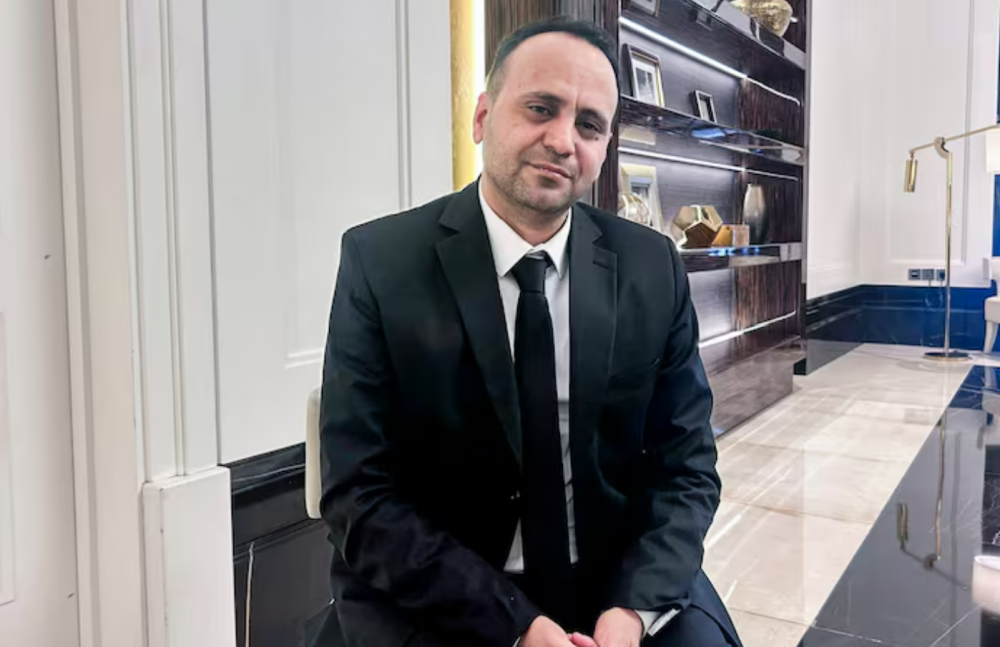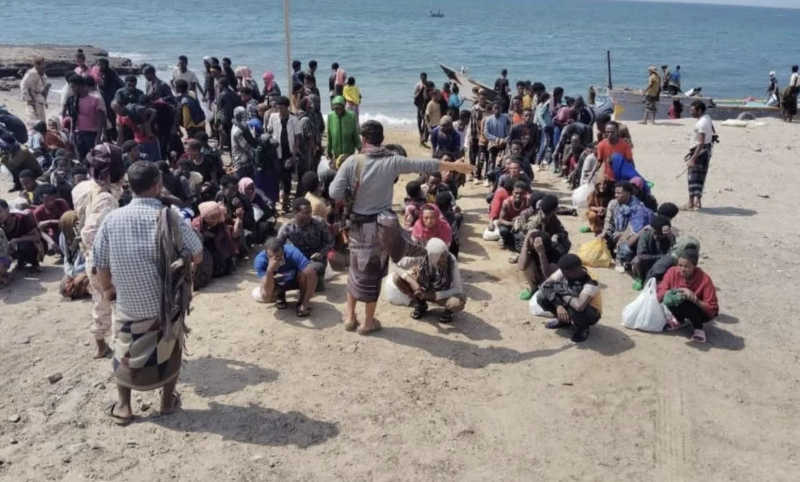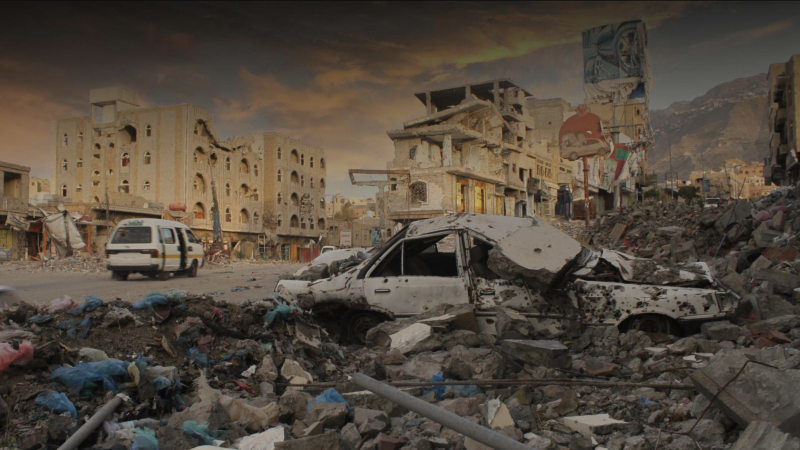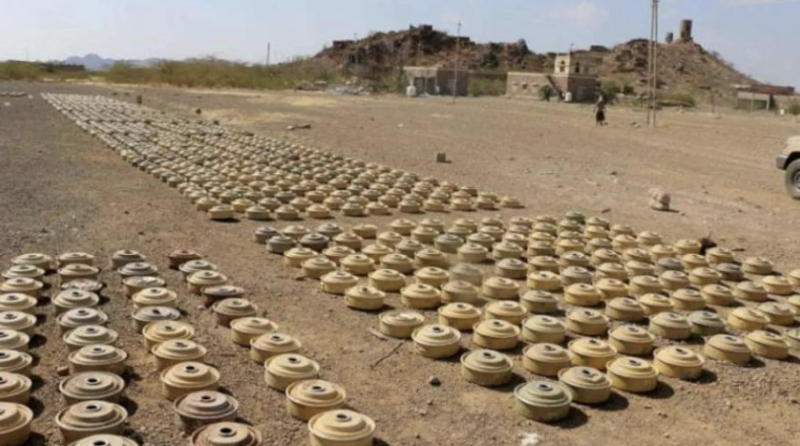‘They called us enemies of God’: Yemeni journalist describes torture in Houthi jail


The National - Today, he sits in black suit and tie which covers the scars inflicted on him during eight years of detention and torture by Yemen's Houthi rebels.
Abdulkhaleq Imran was abducted nine years ago after Houthi militias seized Yemen's capital Sanaa and overthrew the government. He was detained along with eight other journalists, and sentenced to death five years later.
"Calling it a death sentence legitimises it, and limits its meaning. It was a religious fatwa [edict]. I am at risk at all times," he told The National on the sidelines of the Yemen International Forum in Amman. Mr Imran was released in a UN-mediated prisoner exchange two years ago, but not before he suffered psychological and physical torture that caused irreversible damage to his health.
Heart disease, liver enlargement, kidney and joint infections, a slipped disc, respiratory infections and nerve pain are some of the ailments that Mr Imran hides beneath his sleek outfit. But the pain appears on his face every time he tells his story or shifts in his seat.
"I was placed in solitary confinement, in a cell that's less that one-by-one metre big. It was filthy, cold and grim. When they took us out, they would hang us up against the wall and crucify us, beating us until we bled, then deny us medical help," he said, using the lanyard of his conference ID to demonstrate.
Just after they took over, the Houthis cracked down hard on the media, which they accused of undermining their ideological cause and belief that they are the righteous leaders of Yemen. "They beat us not to extract information from us. They had all our data on our phones and devices. They beat us because we posed an existential threat to them."
Mr Imran said that the constant transfer of prisoners like him from one place to another was sometimes a risk to their lives, as they were kept at locations that could be struck by forces fighting the Houthis. "They used us as human shields when they put us in weapons depots. Being moved it was as if they were transporting us from hell to Hades."
Brainwashing
Although his case was widely covered by international NGOs and media, Mr Imran says one of the lesser-known facets of the torture inflicted on the Houthis' prisoners was psychological. "They would play tapes for hours, from sundown to 12am, of a religious Houthi leader who would pray out loud for our demise and for our lineage to disappear. They called us not only enemies of the state, but enemies of God," he said.
During these attempts to brainwash prisoners, Mr Imran said, the religious leaders would refer to them as "hypocrites and apostates". When asked whether he considered telling his captors that he was convinced by their rhetoric so that they would stop torturing him, he replied: "Never. Sympathising with your abuser is becoming devoid of dignity."
Mr Imran says it was his and his colleagues' deep belief in their rights as journalists that helped them to remain resilient during their time in captivity. After he was released, Mr Imran says he found his family living in tents, among the 4.5 million people displaced by the 10-year-old war.
Search for justice
One of the men Mr Imran says abused him and his colleagues personally is Abdulkader Al Murtada, head of the Houthi prisoner exchange committee and negotiator. Mr Al Murtada was sanctioned by the US last year after the UN found that he was complicit in "inhuman treatment", based on prisoners' testimonies.
Mr Imran and his freed colleagues are still searching for justice. "We are currently making efforts to file a lawsuit before the national judiciary against leaders of the terrorist Houthi militias who committed war crimes and crimes against humanity against us," he said. In targeting Mr Al Murtada and the leader of the militia, Abdulmalik Al Houthi, Mr Imran hopes to see his torturers on trial at the "international level".
He says that even if the Houthis fall and their grip on Yemen weakens, he does not want to see the men who tortured him escape accountability. "This is the only way to protect journalists, civilians and society as a whole from a repeat of such crimes," he said.

Aden — Security sources have revealed that dozens of irregular African migrants landed on the shores of Shabwa governorate in southeastern Ye…

Washington – Yemen has been ranked among the world’s top 20 countries experiencing the highest levels of political and deadly violence…

Aden – The operations room of the Saudi-funded Masam demining project announced that its field teams have successfully removed 2,656 landmine…